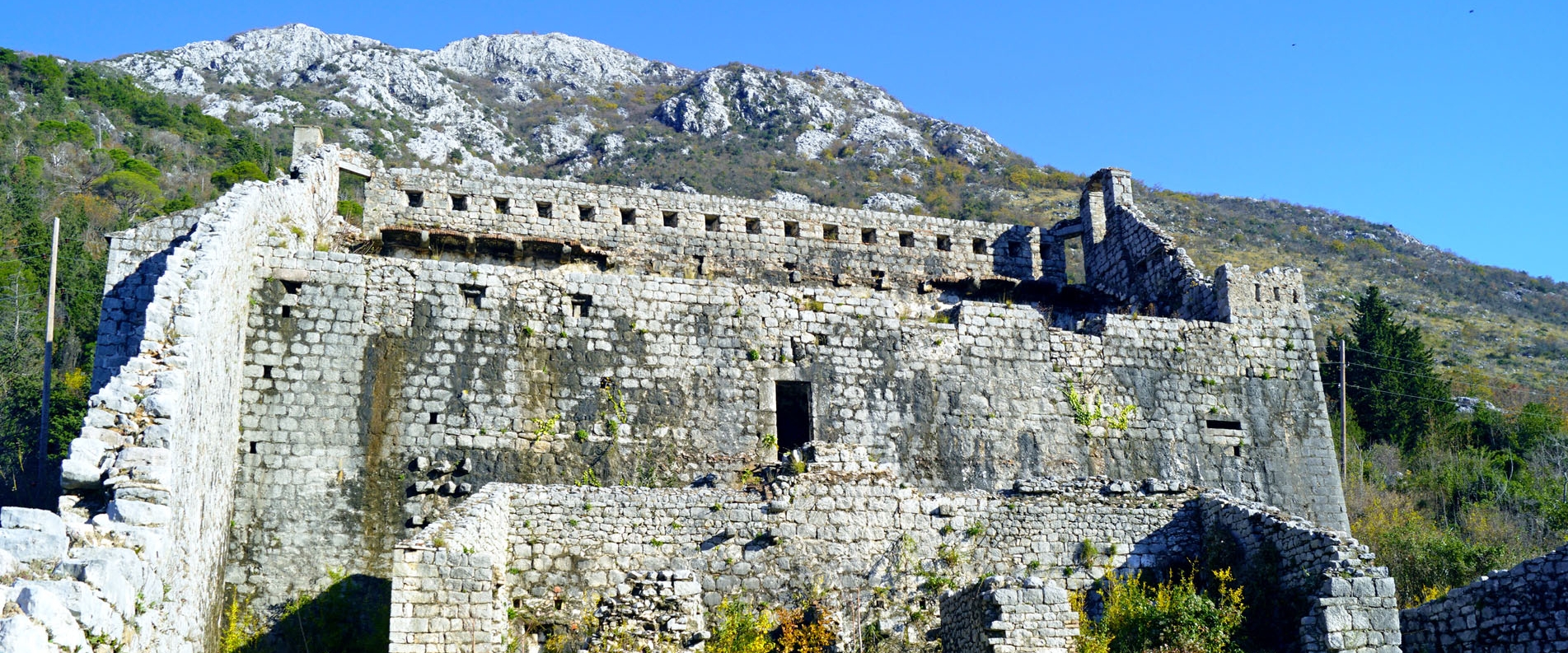Erected above the city, the fortress of St. Cross was a part of Perast’s defence system. It was built in the 16th century and has been preserved to this day, though not entirely intact.


In former turbulent times, the location of Perast — directly opposite the Verige Strait — made it a strategically ideal point to protect the bay from the enemy troops or pirates. After the Ottoman Empire took over the neighboring Risan in 1482, Perast also protected the land border of the Venetian Republic.

But the fortress was built in Perast almost 100 years after the arrival of the Turks, in 1570.
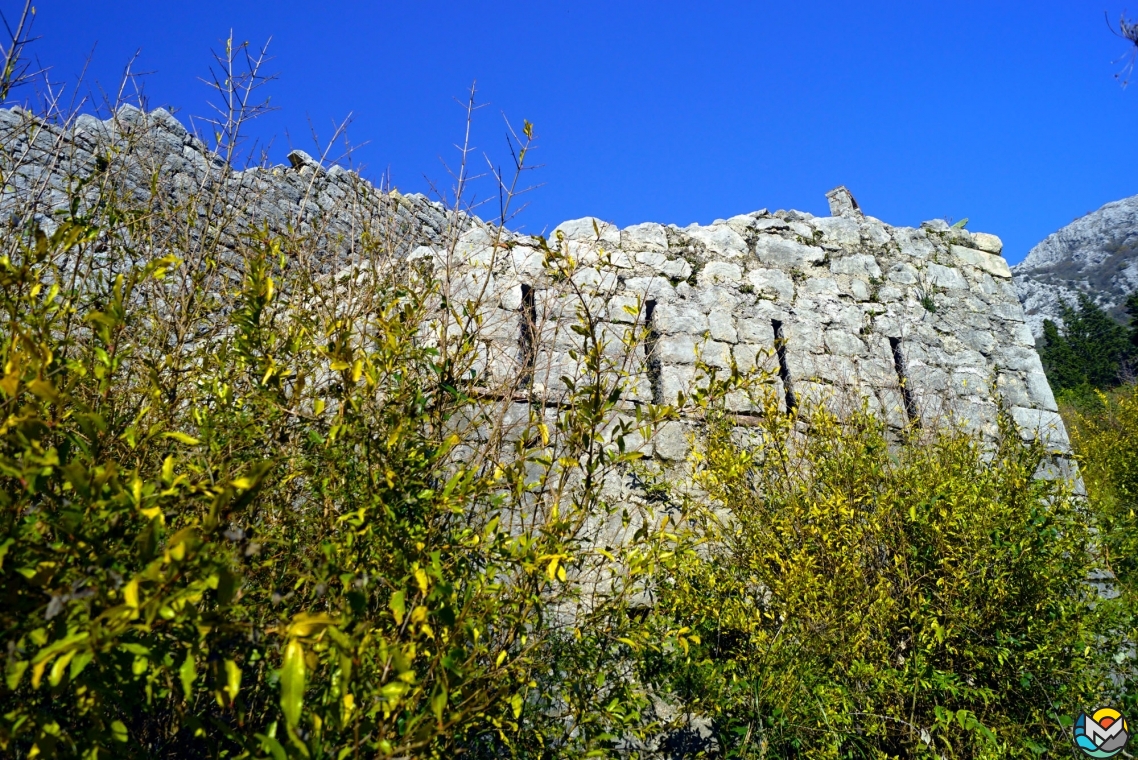
The fortress stands in the place of the first city church, the Church of St. Cross.
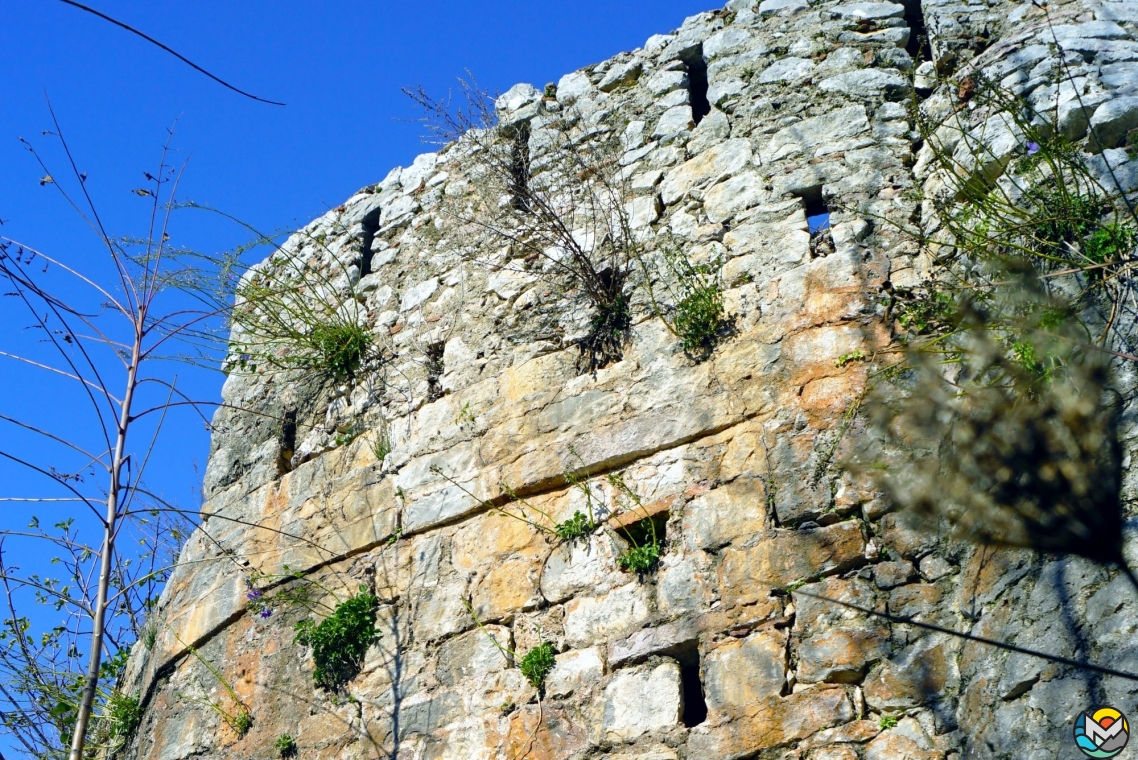
Over the years the fortress was repeatedly rebuilt. The first large-scale restructuring was done in 1628 and then again, a couple of times. The Perast fortress played an important role in the defense of the city.
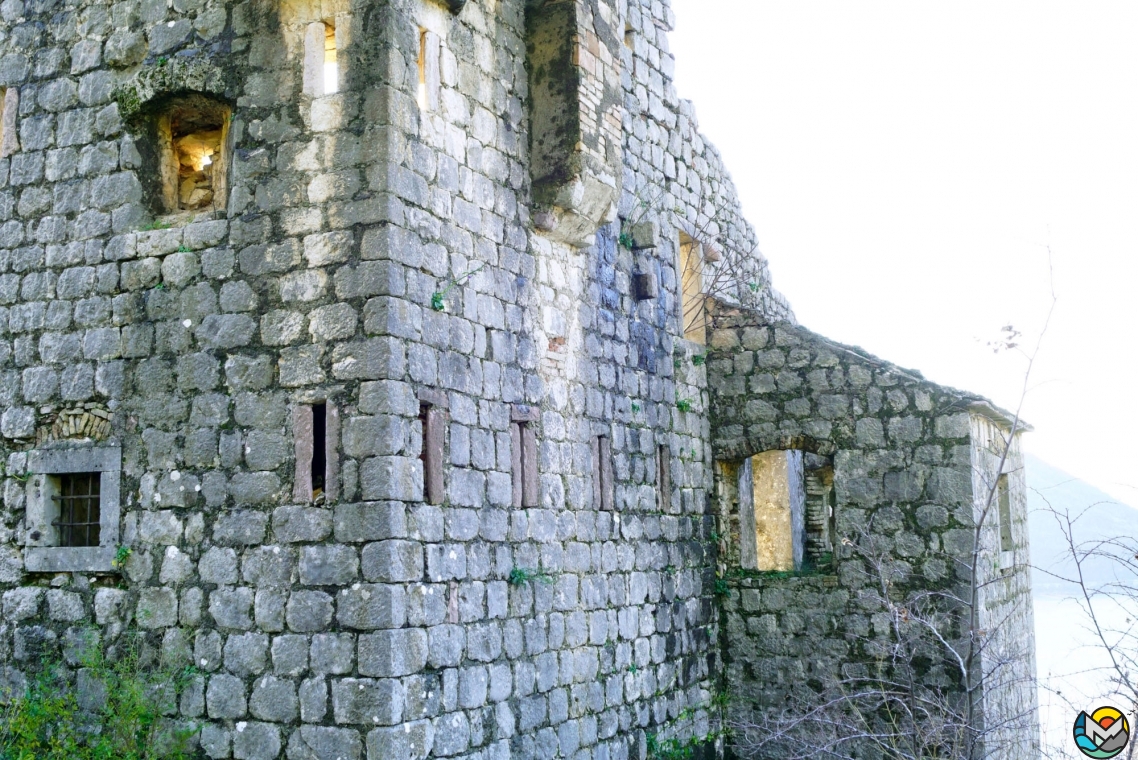
After the Venetians, the rampart was taken by Napoleon's troops (in 1813), and then it was occupied by the Austro-Hungarian army.

The Austrians made some changes to the fortress and used it mostly as a warehouse. Several new forts were built in the mountains to protect the territory.
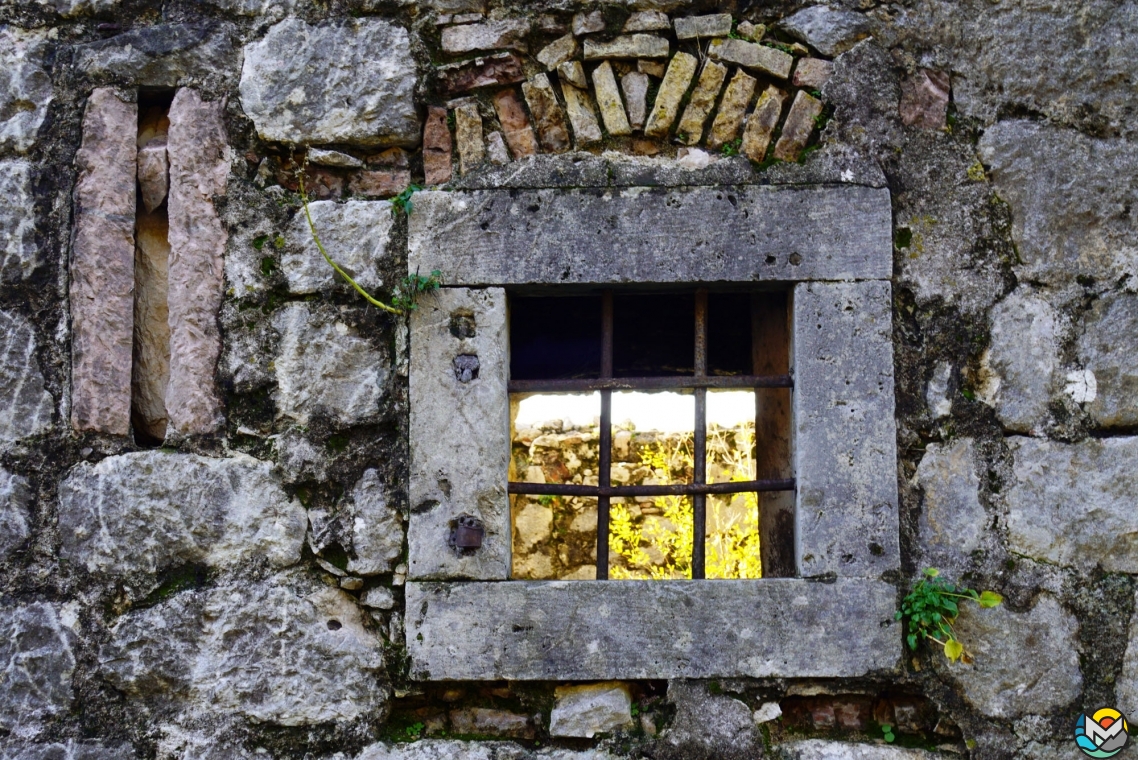
At the beginning of the 20th century the fortress was fully abandoned. The last owners took out all the equipment and ammunition.
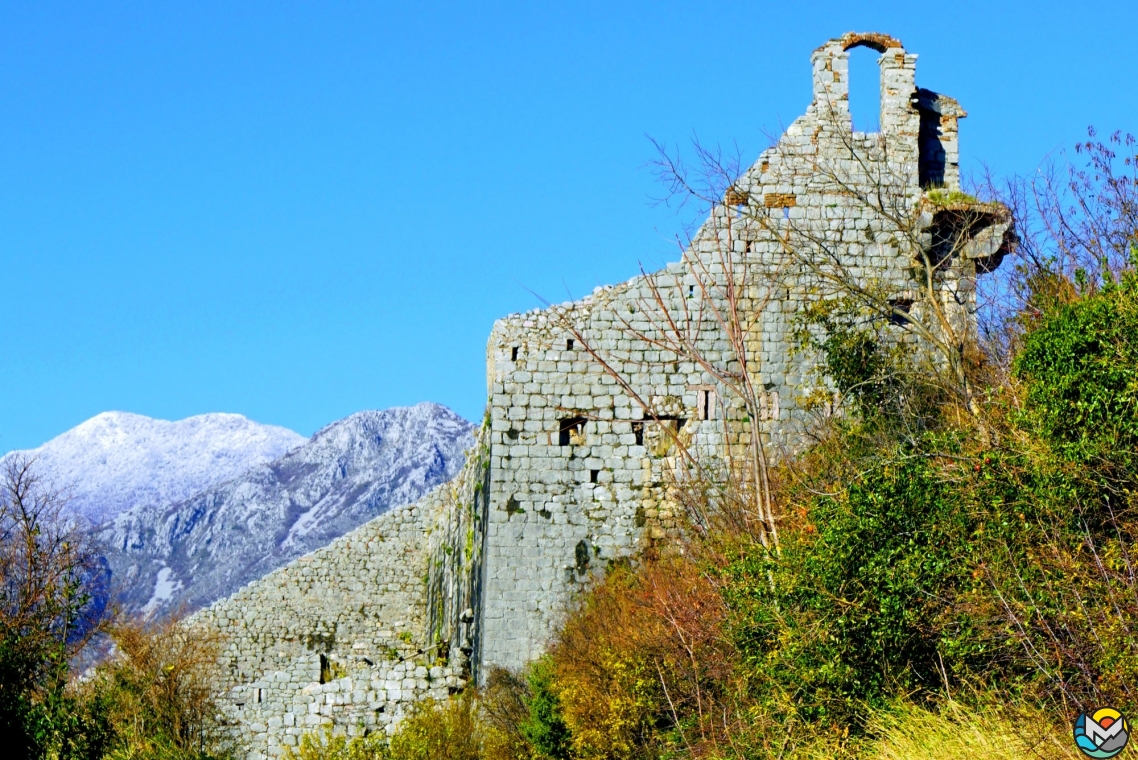
Despite years of desolation, the disastrous effect of time and the horrible earthquake of 1979, most of the fortifications have survived until these days.

The St. Cross can be reached by car or on foot, from the Adriatic highway through a picturesque stone staircase, surrounded by lush Mediterranean plants. It takes only a couple of minutes to get to the entrance.
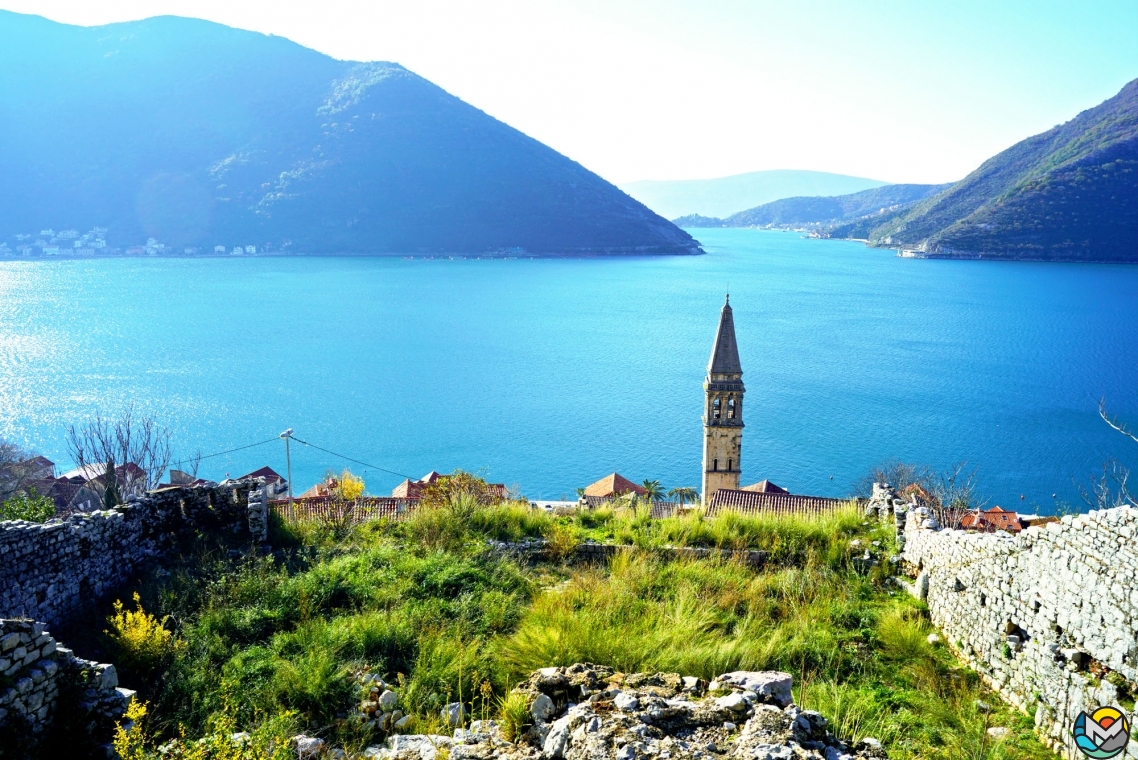
The fortress consists of 5 levels. Visitors immediately step to the lowest — and largest — level.
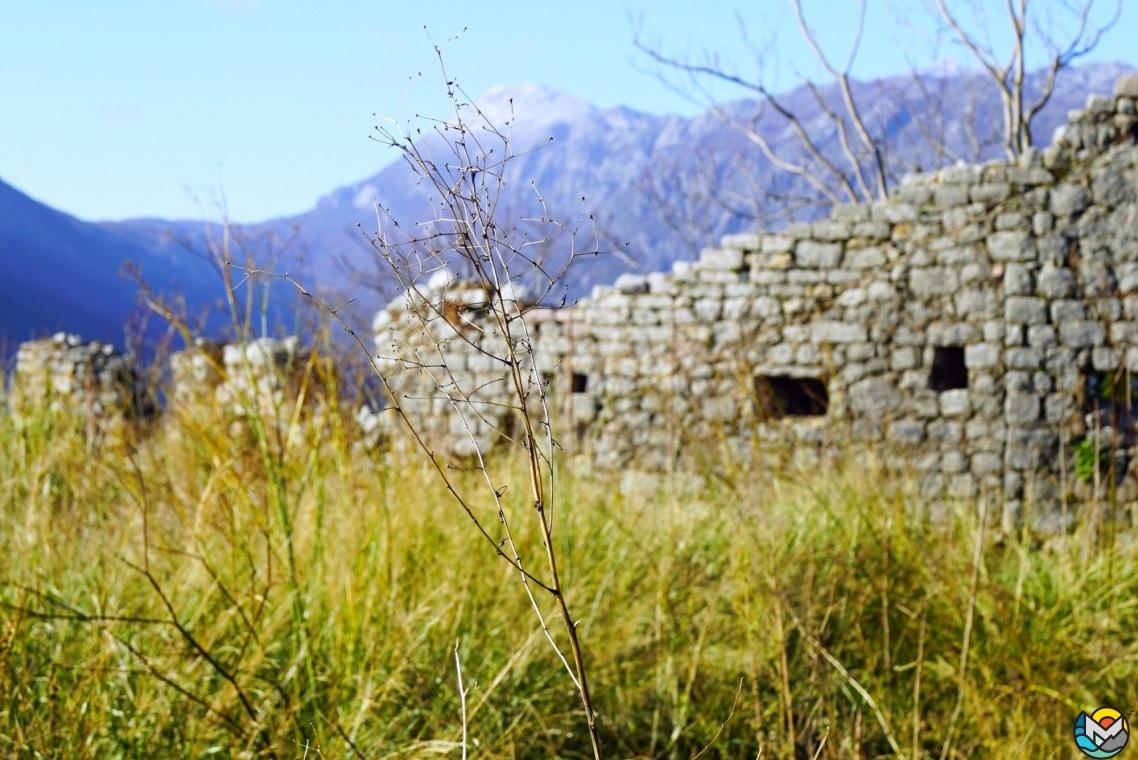
It is a rink enclosed by a fortress wall.
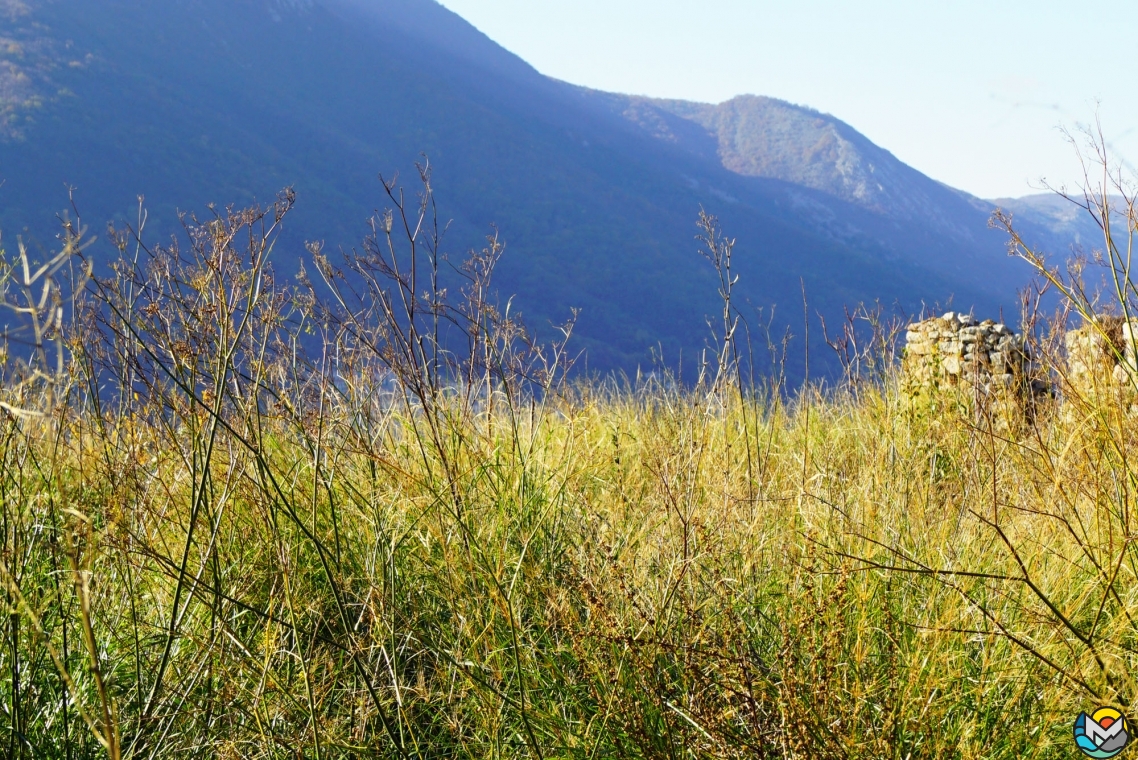
Sometimes the area gets cleaned, but more often the fortification meets tourists with dense thickets.

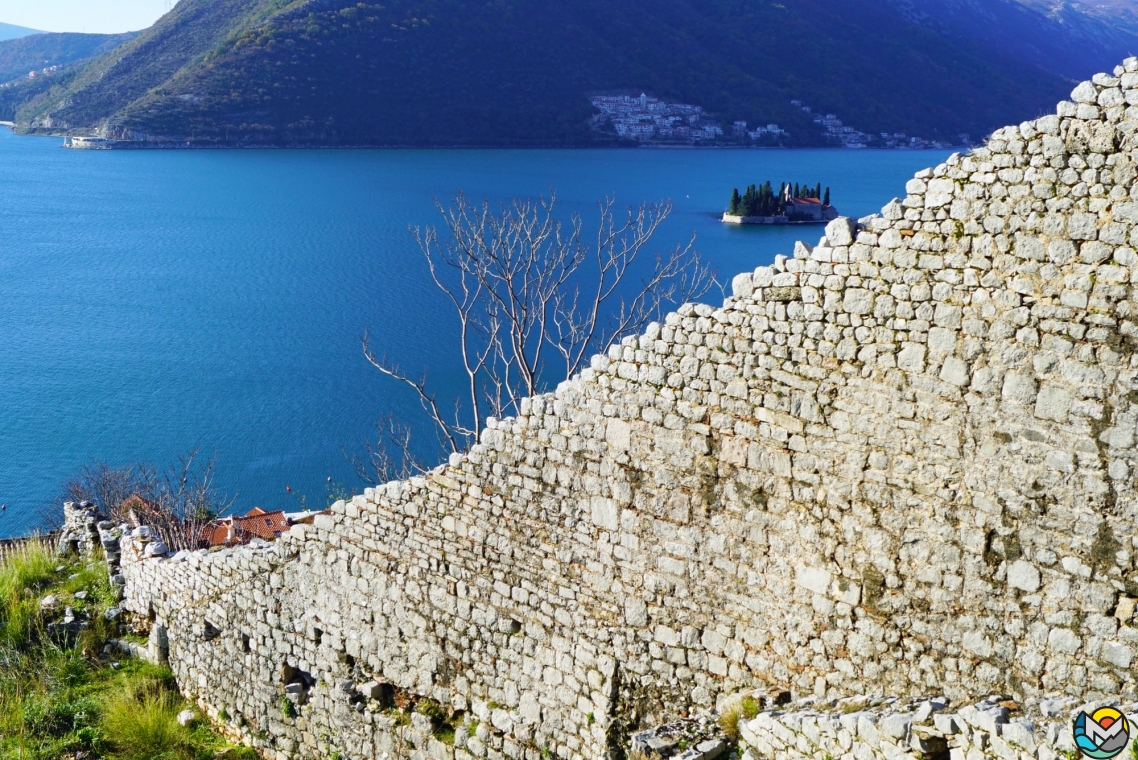
Since the fortress is abandoned, it is open for tourists anytime, free of charge.
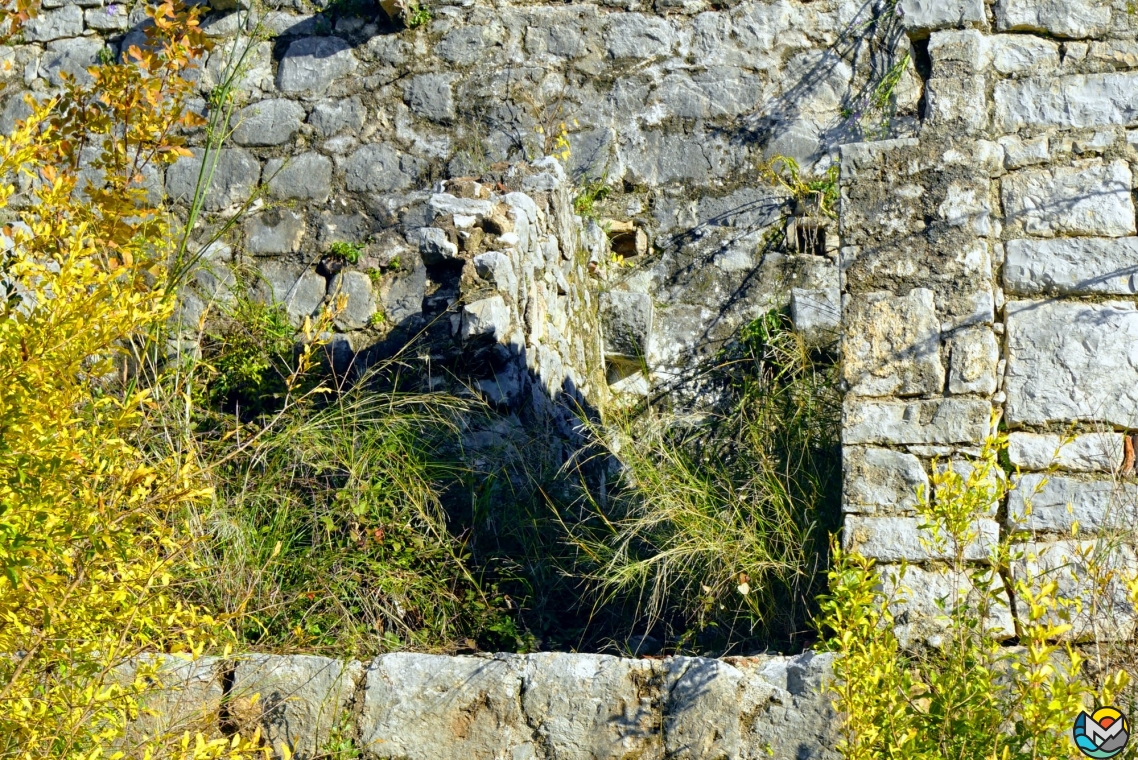

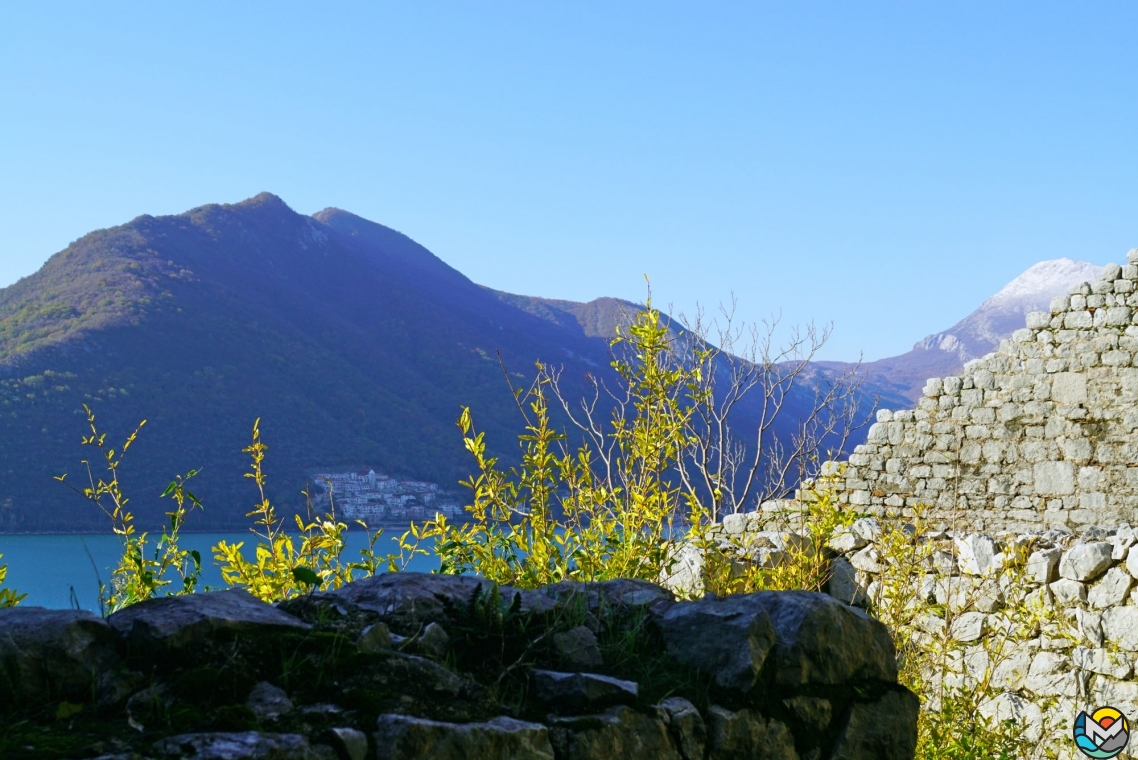
On the lower level rises a so-called kaštel, the oldest element of the fortress. There is also a former officer's house nearby.
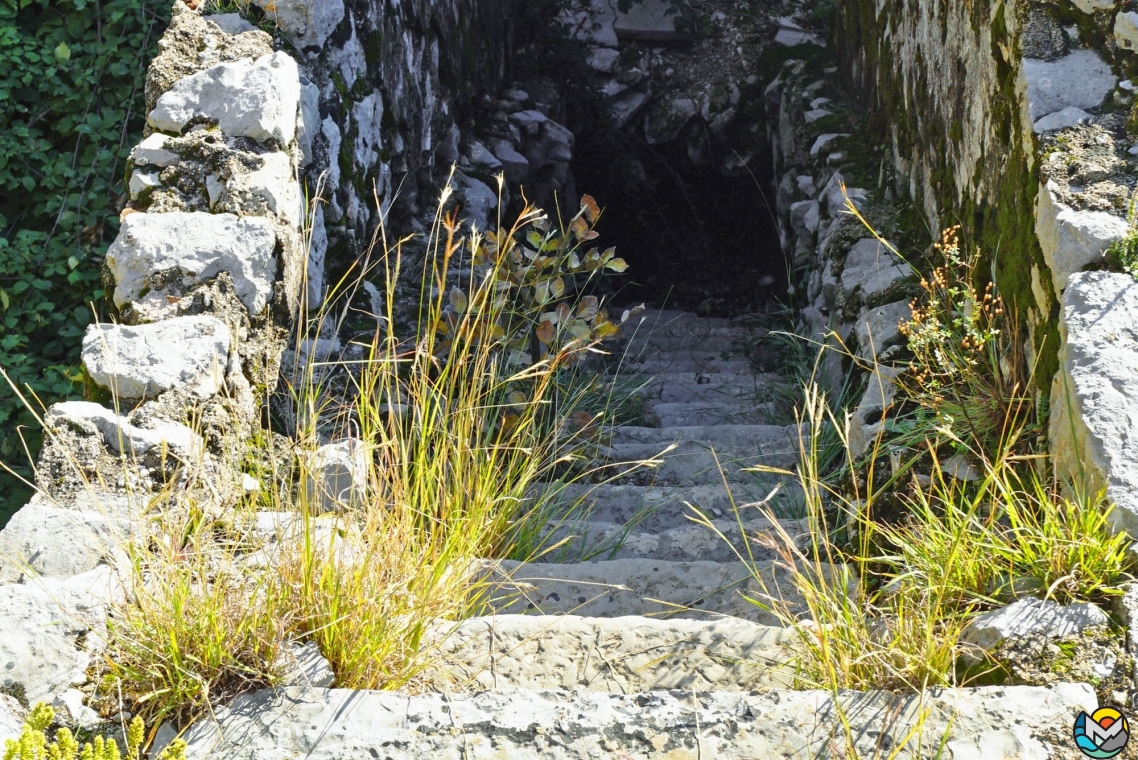
The narrow stone steps behind the officer's house lead up to the kaštel.

Previously, a suspension bridge connected the first and the second level. Now it is just a couple of boards over a small ditch.


Two small halls make up the second floor.
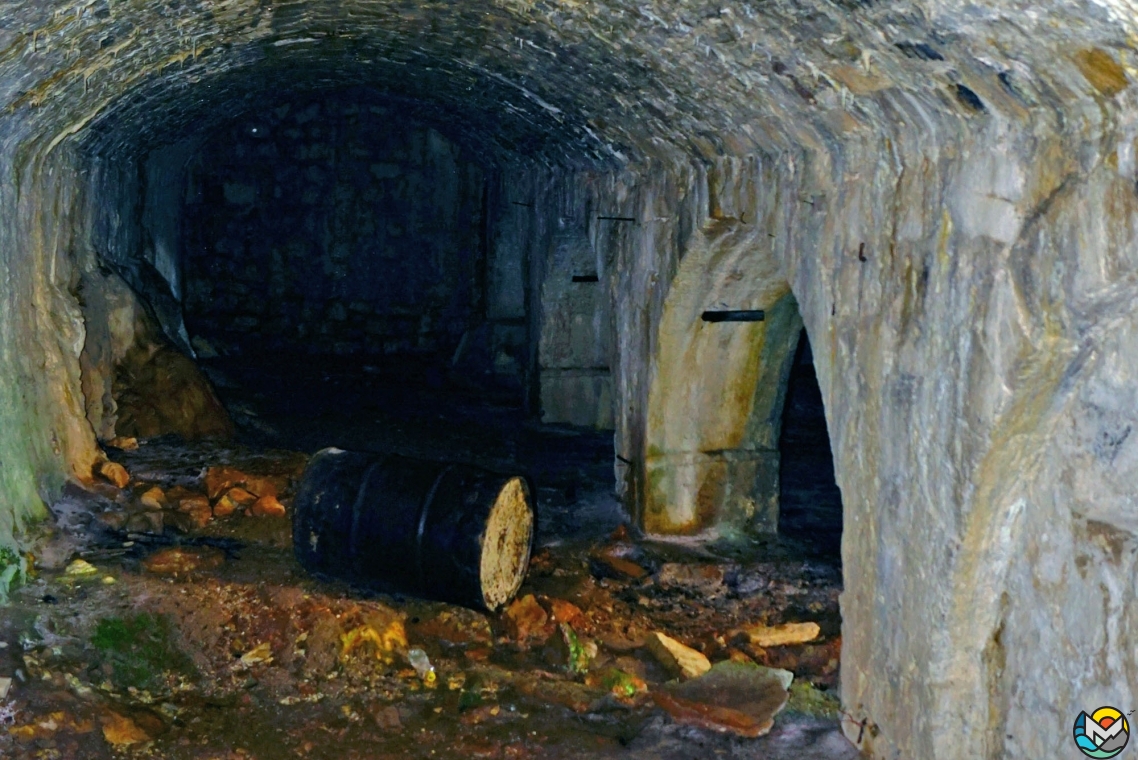
Once these halls were used as warehouses.
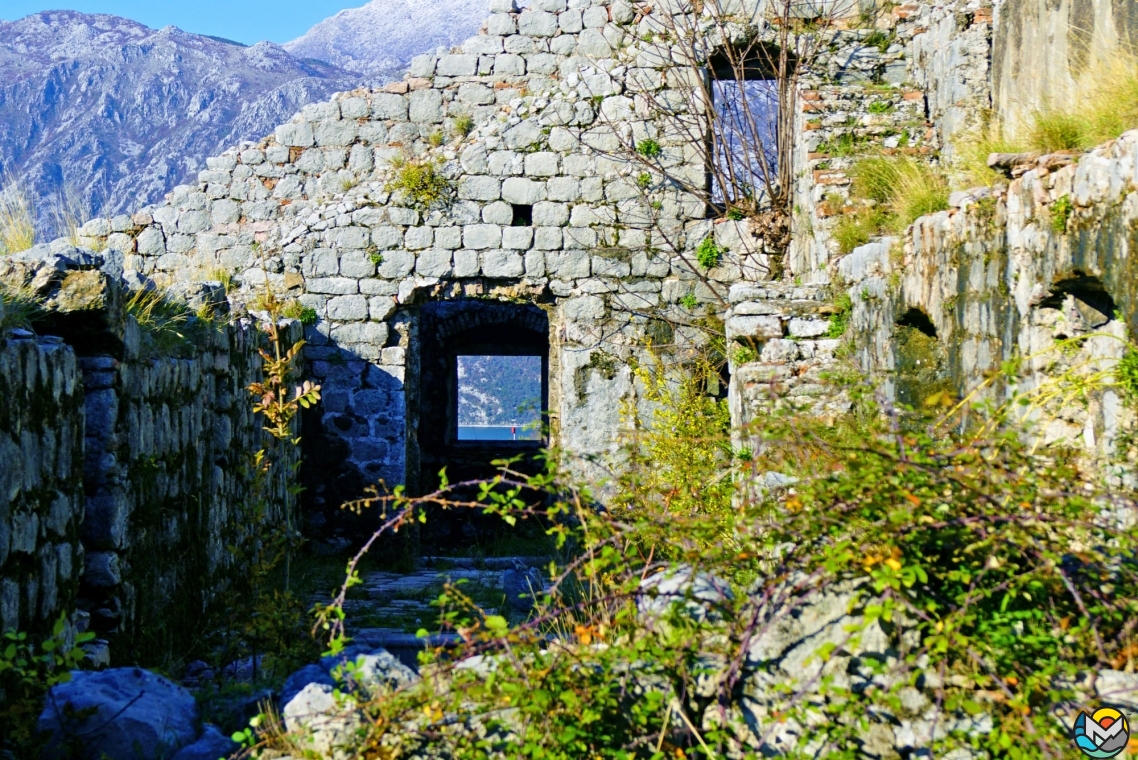
A staircase left of the entrance to the kaštel, heads to the third level.


This part of the fortress is also small. It is just a modest walled area with several separate rooms.
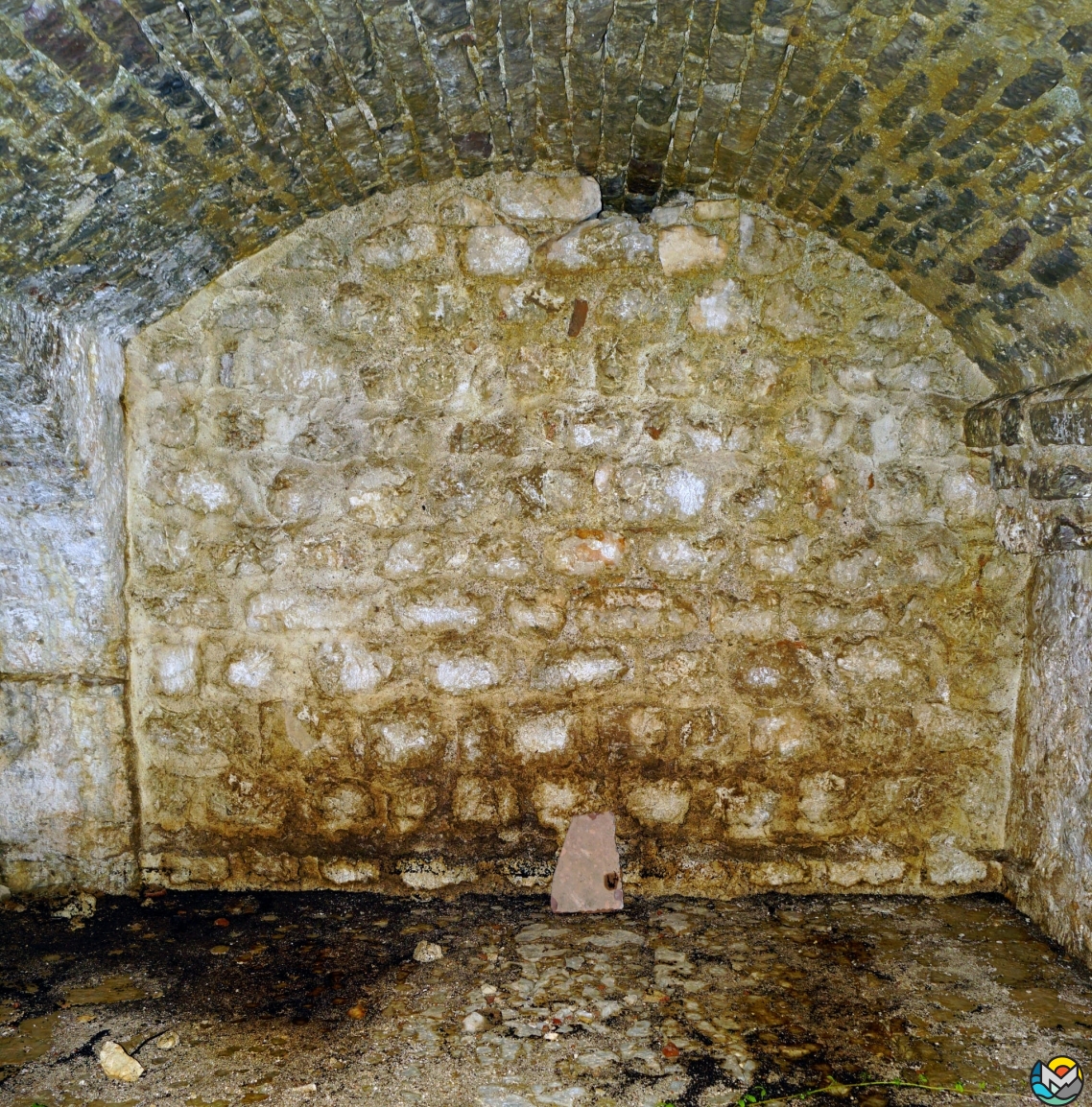

Earlier, a dungeon, an arsenal, a kitchen and a couple of warehouses were located on this level.

All chambers on the fourth level are now destroyed.
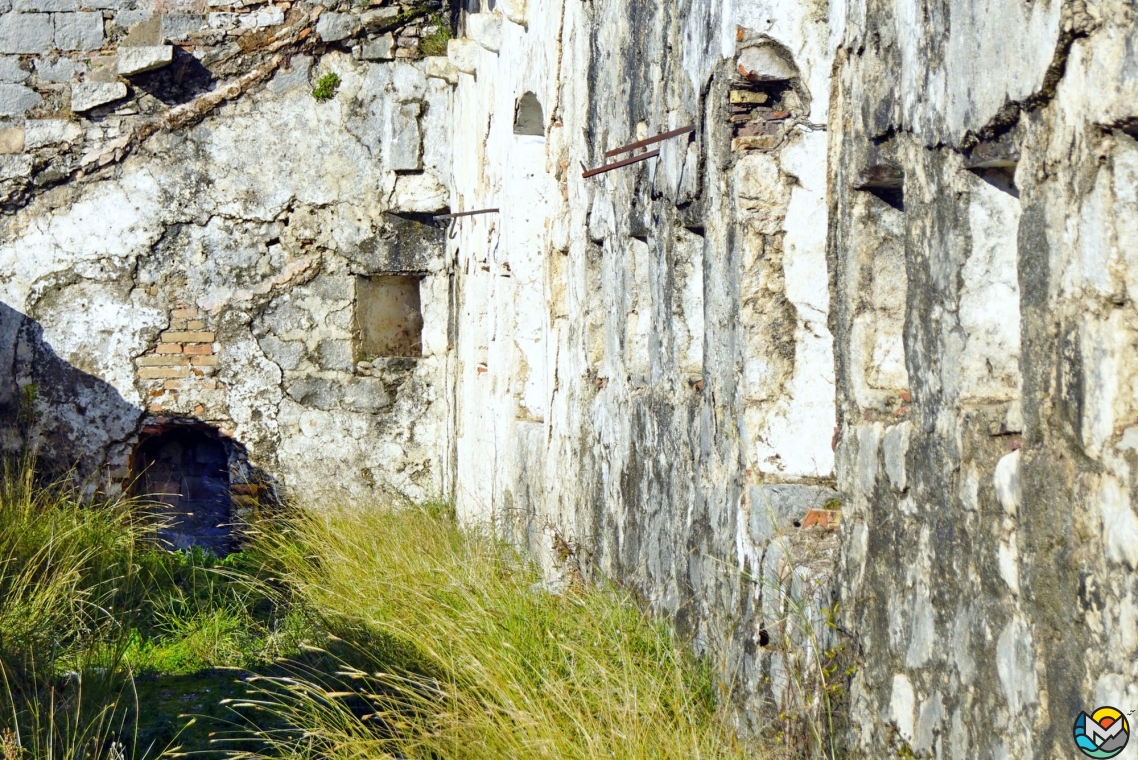
It is just a walled area, no roof or partitions.

When the fortress served its intended purpose, the officers and soldiers quarters were located here.
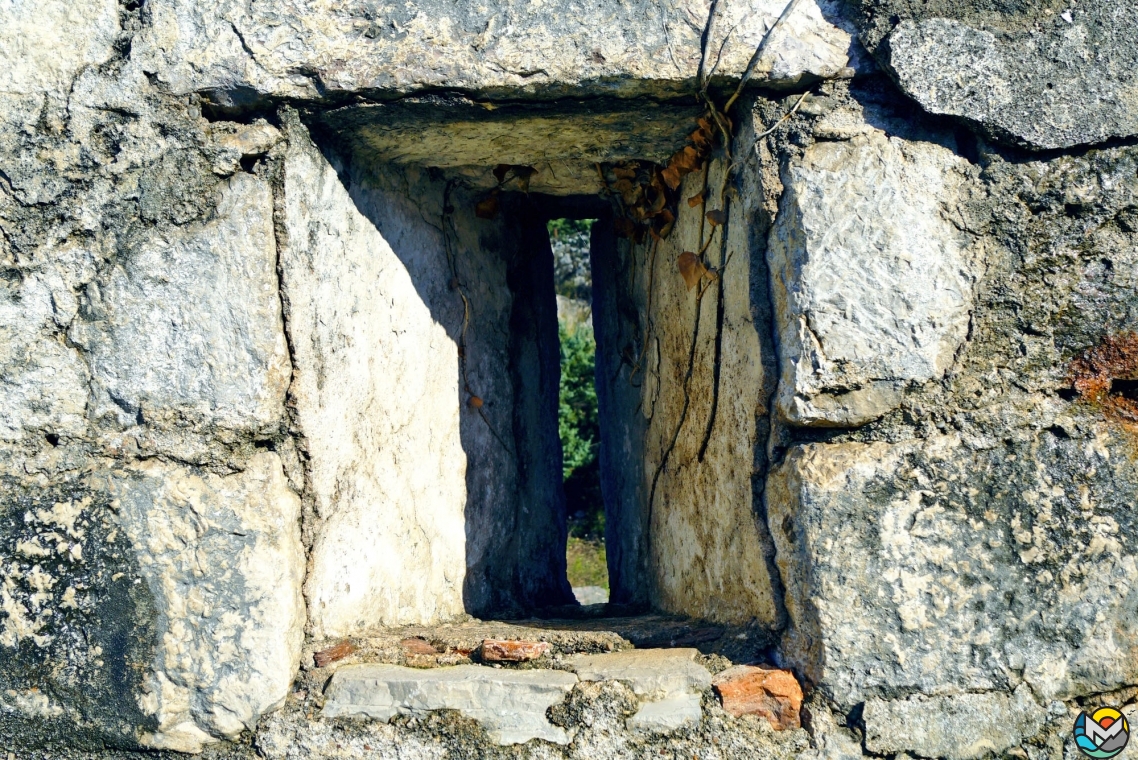
On the wall facing the mountain, there are embrasures and narrow loopholes.

A breathtaking view of the islands around Perast.

The fifth level of fortification consists of two towers connected by a corridor. There is almost nothing left from those structures.

As from the stone staircase leading the roof.
In general, the fortress is safe enough for visitors if elementary precautions are taken. Watch your step, do not climb up the walls. In the warm seasons there are snakes, but they are usually not poisonous or dangerous in any way.
Bring a flashlight with you, there is very little sunlight in certain areas.

